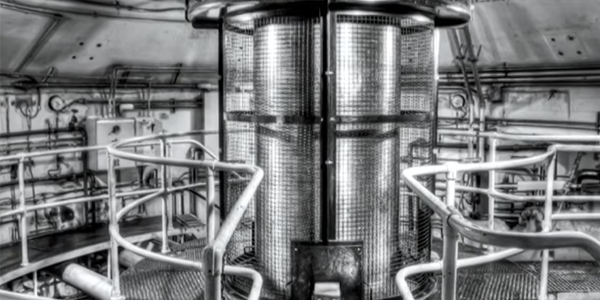By Michael Kuser
FERC rejected ISO-NE’s request to rehear its decision requiring the RTO to revise its energy storage rules to account for a resource’s state of charge in the day-ahead market (ER19-470-003).
The commission last November conditionally accepted ISO-NE’s Order 841 compliance filing, asking for additional changes to clarify the application of transmission charges to electric storage resources — an aspect of the ruling the RTO did not contest. (See Storage Plans Clear FERC with Conditions.)
But ISO-NE did seek rehearing of FERC’s determination that the proposal failed to show how the RTO would account for maximum run time and charge time, state of charge, and maximum and minimum state of charge in its day-ahead market, leaving storage resources open to infeasible schedules.
In its rehearing request, ISO-NE said that FERC erred in finding that the proposal failed to account for state of charge in the day-ahead market, contending that storage resources could account for their day-ahead state of charge by incorporating that state of charge into their maximum daily energy limit and maximum daily consumption limit parameters.
ISO-NE also argued that the commission’s requirement that the RTO “account for the resource’s state of charge at the start of each day-ahead market interval” would not prevent a storage resource from receiving an infeasible schedule.
In Thursday’s order, the commission emphasized that Order 841 defines state of charge (as a bidding parameter) as the level of energy that an electric storage resource is anticipated to have available at the start of the market interval rather than at the end.
FERC found the day-ahead market provisions in ISO-NE’s proposal do not comply with Order 841, which requires RTOs to account for state of charge so that electric storage resources can participate in the energy market without receiving dispatch points that violate their physical and operational limits.
“ISO-NE fails to recognize that its maximum daily energy limit and maximum daily consumption limit parameters only account for the cumulative amount of energy an electric storage resource can charge or discharge over the entire operating day, as opposed to at the start of each market interval,” the commission said.
The RTO had also contended that the commission had not given due weight to its efforts to integrate co-located storage resources into its markets. But FERC found that the fact that ISO-NE’s failure to account for state of charge and duration characteristics in the day-ahead market might better accommodate co-located facilities had no bearing on whether its electric storage resource participation model complies with Order 841.
The commission also found that issues regarding “the participation of electric storage resources co-located with other resources in ISO-NE markets are beyond the scope of this proceeding because Order No. 841 did not address co-location of electric storage resources with other resources.”
“We note, however, that nothing in the commission’s directives precludes ISO-NE from developing market rules tailored to electric storage resources that are co-located with generation,” the order said.
Finally, ISO-NE had argued that investing time and resources to change the day-ahead market on the current software platform would not be cost-effective while it is in the process of building a new platform. It requested that if rehearing was denied, the commission allow for an effective date of Jan. 1, 2026. FERC said it would address the effective date separately (ER19-470-004).




